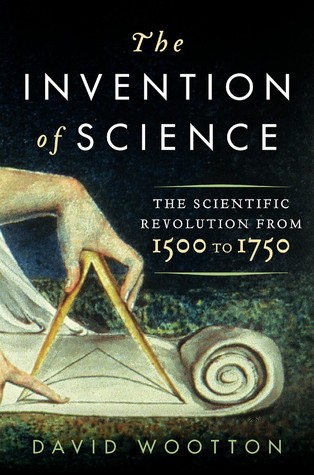Kindle Notes & Highlights
Read between
August 2 - August 11, 2025
To establish this claim it is necessary to look not only at what happened between 1572 and 1704 but also to look backwards, at the world before 1572, and forwards, at the world after 1704; it is also necessary to address some methodological debates. Chapters 6 to 12, which deal with the core period 1572 to 1704, constitute the main body of this book; Chapters 3, 4 and 5 look primarily at the world before 1572, and Chapters 13 and 14 at the world both somewhat before and somewhat after 1704. Chapters 2, 15, 16 and 17 deal with historiography, methodology and philosophy.
What exactly was it that enabled seventeenth- and eighteenth-century science to make progress in a way that previous systems of knowledge could not? What is it that we now have that the Romans and their Renaissance admirers did not?ii
the theologians felt entitled to order the philosophers to demonstrate the rationality of belief in an immortal soul (despite the fact that Aristotle had not been of this view: philosophical arguments against the immortality of the soul were condemned by the theologians of Paris in 1270); the philosophers felt entitled to order the mathematicians to prove that all motion in the heavens is circular, because only circular movement can be uniform, permanent and unchanging, and to demonstrate that the earth is the centre of all these heavenly circles.xvi A basic description of the Scientific
...more
"revolt of the mathematicians" is a key concept in the book and I think a good one and one I hadn't seen before.
The claim that ‘[t]he word “scientist” was not coined until 1833 because only then did people realize it was needed’ is thus mistaken: there had long been a perceived need for a word to do the job.31 The problem was that finding a suitable word – one that did not already have a different usage and was properly constructed – was a genuine obstacle, so that only when the need became absolutely pressing was the obstacle overcome, and only then by breaking what was regarded as one of the basic rules of word formation. Fundamentally, though, the word ‘scientist’ was merely a new and useful word for
...more
Copernicus, Digges and Benedetti called themselves mathematicians; Bruno and Gilbert called themselves philosophers. Copernicus and Digges wrote books on astronomy; Benedetti on physica (natural science); Gilbert on physiologia (the study of nature). None of them was a scientist, because science, as we understand the term, did not yet exist. Newton, however, was a scientist – who can doubt it? Sometime between the 1600s and the 1680s, science was invented.
The Scientific Revolution was, first and foremost, a revolt by the mathematicians against the authority of the philosophers.


